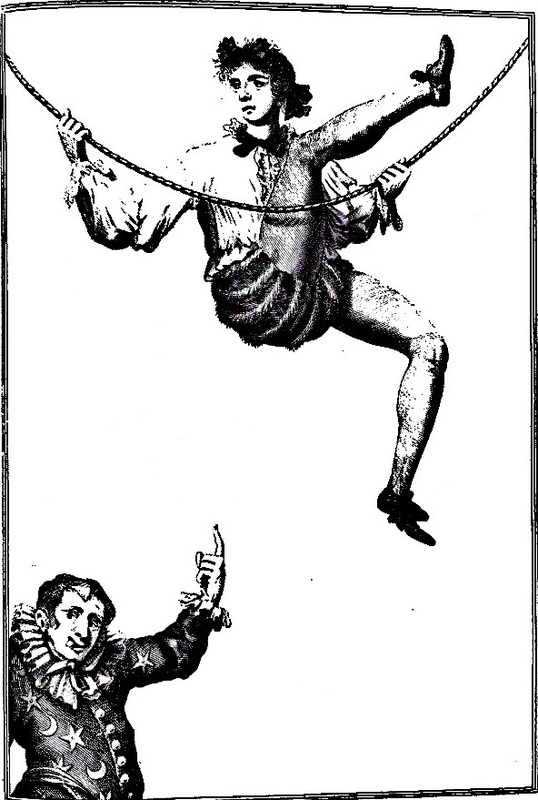\ˈmän-də-ˌgrēn\
My pre-teen self would wander from room to room, eavesdropping on conversations, looking for attention, and taking in the general dissipation.
Eventually he asked her about the subject of her recent paper: “Adam Stonefield Payne,” she replied.
I saw my opening: “I know about him! He was one of those Revolutionary War guys!” I offered.
“Who?” Laurel said.
“Adam Stonefield Payne.”
“No, apparently they don’t.”
“Sure he did! He was a hero who fought the British and went into hiding...”
“No, this was Greek.”
“He disguised himself as an acrobat and escaped through enemy lines!” (This was, I admit, a reach, but it was the sort of thing I wished happened more in the Revolutionary War, which seemed to rely rather heavily on pamphlets for my taste.)
Eventually Laurel unraveled the confusion at the root of my increasingly far-fetched story: the paper was not about Adam Stonefield Payne, Revolutionary War Hero and would-be acrobat. It was about Epicurus and ancient Greek metaphysics: about how “atoms don’t feel pain.”
Chagrined, I subsided and the triumphant Dirk launched into a cascade of philosophical wonkery that drove me from the field. I went off to console myself with the kielbasa biscuits that the department secretary usually brought and ruminated on the further adventures of Colonel Payne.
| I imagined him on his perilous journey back to the Continental Army. “Ho there!” the Redcoat guards would say, “Are you a rebel colonial?” “Indeed,” he would reply, balancing on his tightrope, “I am but a simple spinner of plates!” And as the British officers gawked in amazement, Payne would eat fire, then blow it from his mouth at his would-be captors. “I am a plate-spinner FOR LIBERTY!” he would cry, vanishing into the night and leaving the officers in consternation, struggling vainly to extinguish their bell-bottomed uniforms. |
The term was coined in Harper’s in 1954 by Sylvia Wright, who describes her mother reading aloud ballads like “The Bonnie Earl o’Moray”:
Ye Highlands and ye Lowlands,
Oh, where hae ye been?
They hae slain the Earl o’Moray,
And Lady Mondegreen.


 RSS Feed
RSS Feed